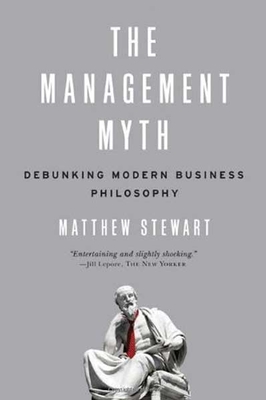Groupon at $6 billion?
Rumor has it that Google is going to buy Groupon, the premier localized “deal-of-the-day” website, for an astronomical $6 billion.
If a $6 billion valuation for a company that started less than two years ago that competes in an industry with almost zero barriers to entry seems crazy, it’s not.
Groupon has 30 million subscribers. Assuming that Google is paying a 10x revenue multiple for this business, they’re estimating revenue of around $600 million per year or $20 per user per year.
Using some reasonably conservative numbers, the revenue model they're using to justify such a valuation could look something like this:
- 30 million emails sent per day
- 5% click-through rate
- 10% buy rate
- $10 revenue per buyer
- 365 days per year
That gives Groupon revenue of $547 million per year, just short of the 10x Google valuation.
My math includes a lot of assumptions and has a lot of moving parts so I’ll be the first to admit that there’s plenty of room for error. But it does show that this valuation isn’t as crazy as some are suggesting.
With all of that said, there’s quite a bit of risk to Groupon, specifically in the form of competition and acquisition and retention of merchants.
One report said that in Boston alone there are already more than 50 Groupon clones. The business is extremely easy to setup; just hit the streets with a media kit, write some catchy copy and some simple code.
And the reports of unsatisfied merchants keep coming. With all of their competition, their rumored 50% revenue share is not sustainable. I’m also told that their first significant national deal with the Gap -- 50% off with no restrictions -- will never happen again.
Regardless of whether Google is paying too much or too little for this deal, this should be a fun one to watch.
 The management consulting business has always been a bit of a mystery to me. Something just doesn't add up. Matthew Stewart just wrote a book about this called the
The management consulting business has always been a bit of a mystery to me. Something just doesn't add up. Matthew Stewart just wrote a book about this called the 
 I ordered Hugh Macleod's new book
I ordered Hugh Macleod's new book